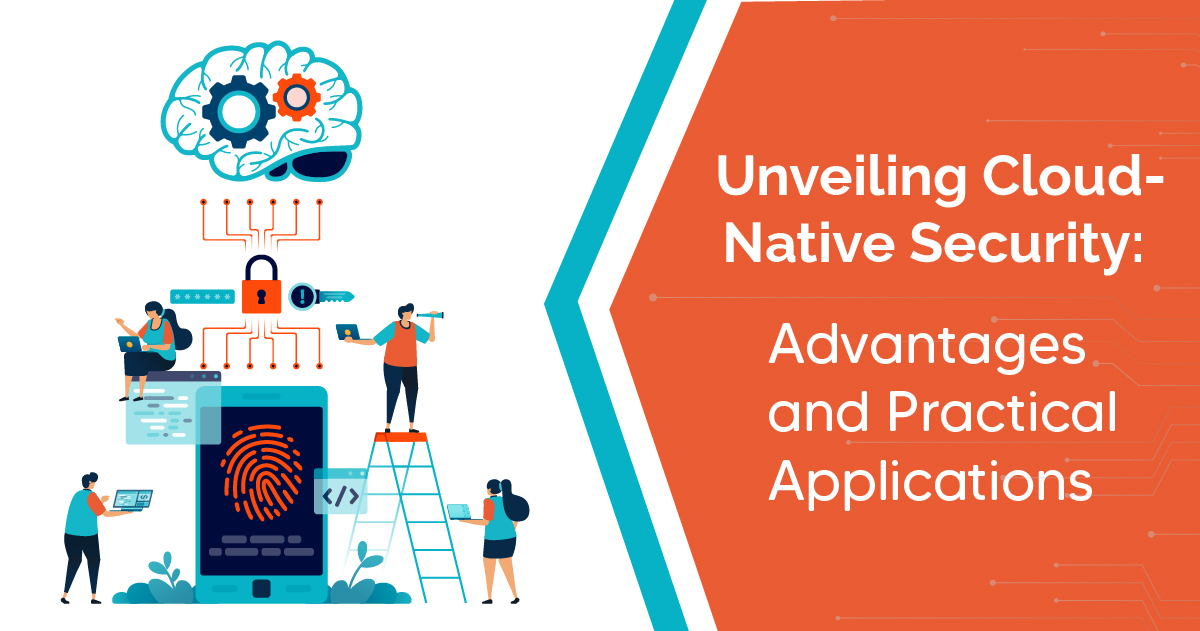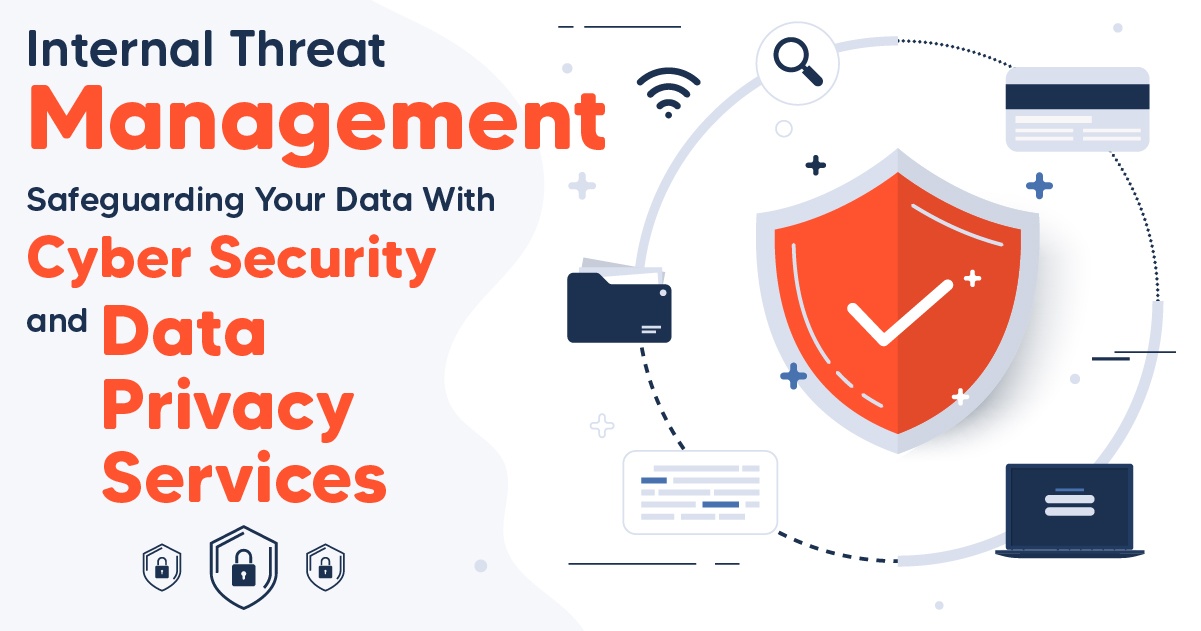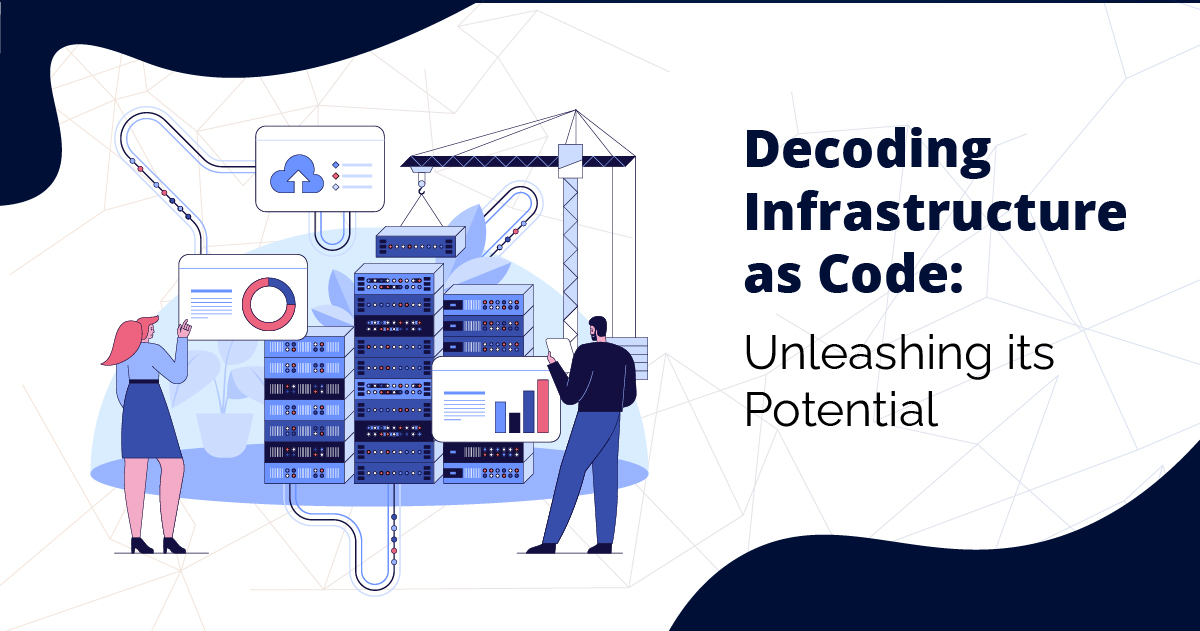In the ever-evolving digital landscape, threats are present around every corner. Hence, cybersecurity has become a cornerstone of organisational resilience. Cybersecurity is one of the ways to protect networks, systems, organisations and their employees against any cyber threats or cyberattacks.
In today’s modern era of cybersecurity, strong measures are required. This article mainly revolves around Cloud-Native Security, its advantages, and the application of AI, with the integration of cloud infrastructure and how Megamax Services making an inevitable change in cloud technology. Cloud security provides a secure strategy to protect cloud-based platforms, applications and data.
Various Benefits of Cloud-Native Security Code:
Cloud-Native Security has indeed emerged as a defence tool in this modern world. As all businesses continue to shift their operations to the cloud, it is much required to take proper security measures. It should be created in such a way that the cloud infrastructure can navigate through all the complexities seamlessly. Here are some points that say that cloud security has much importance:
- Cloud services are designed to easily adapt to the dynamic environment of cloud infrastructure.
- Traditional security struggles to keep pace with today’s advanced technology.
- Cloud security enables organisations to respond to rapidly emerging cyber threats.
- Cloud Security provides enhanced visibility into the cloud workloads and applications. It continuously monitors potential security incidents and different types of vulnerabilities.
- Optimise your cybersecurity with an AI-driven automation tool that minimises the need for extensive human intervention by making the security operations more cost-effective.
- The open-source nature of cloud security tools makes a vibrant community which enables rapid innovations by adapting to new threats.
- Cloud security tools help strengthen the developers to build secure code from the ground up, shifting security left in the development cycle.
- Consistent security policies across microservices and containers simplify with regulations and standards.
Different Use Cases of Digital Security:
Cloud infrastructure services, with their advanced features, have been adapted across various industries and scenarios. Cloud services offer a pay-as-you-go model by reducing the need for significant investment in the physical world. Cloud providers fulfil the fundamental requirements of businesses to meet their needs. Let’s find out various key aspects of the widespread adoption of cloud infrastructure:
- Many organisations often use cloud providers to meet basic business needs. Digital Security integrates with different cloud environments to provide consistent security measures to various cloud setups. This involves the protection of the company’s data to a large extent.
- Digital Security has also entered the world of Microservices Architecture. Microservices Architecture brought flexibility and also introduced security complexities due to the distributed nature of its application. It controls each microservice, ensuring that problems in one component do not affect the entire system.
- Traditional security systems struggle to keep pace with the speed of DevOps practices. Cyber Security and Data Privacy Services align with DevOps principles to provide continuous security monitors to enhance security posture without hindering the development speed of the application.
- Serverless Computing is introduced as a unique security landscape with function as a service (FaaS). Cloud services adapt to the serverless feature, securing the functions individually. It makes sure that serverless applications remain protected from potential threats without compromising on the efficiency, speed and cost of serverless computing.
- The proliferation of Internet of Things devices expands the attack surfaces. Cyber Security and Data Privacy Services extend their reach to the IoT ecosystems, which offer robust protection for connecting devices. This system interacts with, detects, and analyses threats to maintain the integrity of IoT networks.
- Containerised applications require a secure method to manage the deployment and scaling effectively. Cloud Security, along with container orchestration platforms like Kubernetes, ensures secure deployment, scaling and management of containerised applications.
- Identification and response to emerging threats require real-time Intelligence. Advanced threat intelligence detects and responds to security intelligence promptly.
Role Of Al in Securing the Digital Fortress:
You must be wondering how AI is Adding Security Aspects in the digital fortress? The role of AI in the digital world spans a wide range of applications. AI raises ethical considerations and social impact, which is responsible for necessary development and deployment. AI enhances fraud detection and risk management and automates financial processes. Here are the below-mentioned points in which AI contributes to strengthening security:
- AI Security aspects play a major role in threat detection. It can detect unusual thread patterns and behaviours in network traffic, user activity and system logs. This makes the AI tool easier to detect potential security threats that may go unnoticed by the traditional rule-based systems.
- AI systems can analyse any incident response actions, such as isolating compromised systems, blocking threat traffic or applying patches. This increases the response time of the AI systems and reduces the impact of security incidents.
- AI is mainly used in biometric systems to make user authentication more secure. This helps minimise the likelihood of employees falling victim to malicious emails and social threat attacks.
- AI, along with machine learning adaptability, enables security systems to improve their ability to detect and respond to threats. AI with machine learning adapts certain updated models to respond to evolving patterns.
- Everyone should know how AI is adding security aspects and also helps to enhance data encryption by adjusting the encryption levels dynamically based on the sensitivity of the data and also the context through which the data is accessed.
- AI can generate potential security threats by analysing historical data and identifying trends. This approach allows the organisation to implement preventive measures before any actual attack occurs.
Real-World Benefits and Practical Applications:
The real-world application of Cloud Security and AI-based applications has diverse industries. From healthcare to finance, all industries are using AI Tools. Their ability to secure the measure seamlessly ensures that businesses can focus on innovation without compromising on security.
Cloud security is used not only for healthcare and finance but also for retail, education, telecommunication, and government initiatives. AI-driven algorithms enhance threat detection capabilities, identifying patterns and anomalies in real-time applications. Cloud security utilises AI infrastructure to analyse vast datasets. It also enables proactive threat prevention and quick response to potential security.
Conclusion:
Cloud Infrastructure Services intended with AI and Cyber Security add a significant advantage in this digital era. It plays a major role in serving the cloud infrastructure, which makes sure that the data privacy regulations are met. By applying such innovations to cybersecurity, we can actively keep a step ahead of certain threats and strengthen our digital defence mechanism.
AI-powered tools help in vast amounts, like enabling threat detection and identifying potential threat anomalies. It also establishes behavioural patterns of applications as well as users. Hence, the integration of Cloud Native Security with AI in Cyber Security empowers the organisation to enhance their ability on the basis of evolving threats and ensure regulatory requirements in this rapidly changing digital environment.



